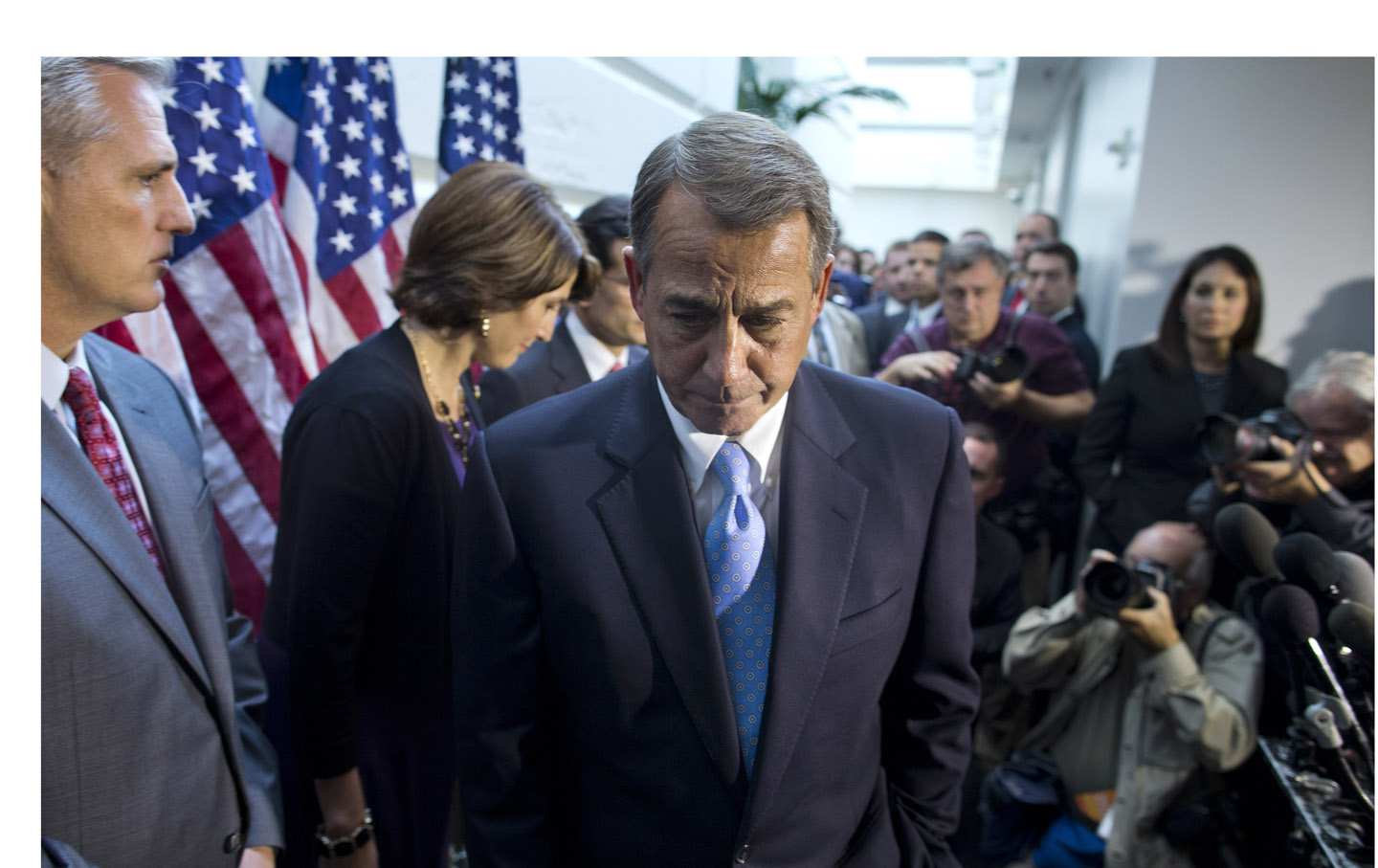By Kurt Stand
“I did not say anything. I was
always embarrassed by the words sacred, glorious, and sacrifice and the
expression in vain. We had heard them … and had read them … now for a
long time, and I had seen nothing sacred, and the things that were glorious had
no glory and the sacrifices were like the stockyards at Chicago if nothing was
done with the meat except to bury it. … Abstract words such as glory, honor,
courage, or hallow were obscene beside the concrete names of villages, the
number of roads, the names of rivers, the numbers of regiments and the dates.”
Ernest Hemingway, A Farewell to Arms (1929, Shocken edition 1969 p. 185)
Considerations
As Bernie Sanders’ presidential campaign continues to
gather support, he comes under ever sharper scrutiny – not only by Republican
and Democratic Party opponents, but by others who are themselves working to
address the social inequities that abound in our society. Some such
criticism is itself destructive; the tendency to view every insufficient step
forward as a form of betrayal is a charge that every alternative candidate from
Eugene Debs to Jesse Jackson has faced. Yet criticism and debate is a
healthy and necessary part of the process of building a social justice movement
that is rooted in the diverse and unequal experiences of our society. The
idea that unity can be created solely by seeking to overcome economic
inequality — as a goal shared by all working people — while putting all other
concerns on the backburner is false; all such attempts have come to grief on
the realities of how people understand the world they inhabit. As the
history of organized labor has repeatedly shown, division is not caused by
those who have challenged racism or sexism, those who have challenged
discrimination in any form – rather division is caused by the reality of such
discrimination and perpetuated by those who wish to close their eyes to truths
others know to be true through experience.
The importance of incorporating that experience in the
Sanders campaign was expressed in an article by Bill Fletcher Jr. “The
suggestion that race can be resolved through an appeal to class and economic
justice alone suggests that economic justice will equally resolve the racial
differential,” Fletcher wrote.
“It is not simply a matter of ‘a rising tide raises
all boats’. The reality is that all boats may rise, but who finds one’s self in
which portion of each boat? Or, to use the metaphor of the Titanic, who is in
steerage and who is closer to the main deck?
“When movements like #BlackLivesMatter and many in the
immigrant rights movement point to this matter of racial injustice, they are
not suggesting attention for a ‘special interest.’ Rather, they are pointing
out that there can actually be no economic justice in the absence of racial
justice. There can be no unity without a commitment to the fight for equality
and justice. These struggles are interlinked. The sort of ‘political
revolution’ that the Sanders Campaign proclaims has been a long time coming.
Yet it will never arrive if there is not a full recognition that the class
struggle overlaps that of racial justice. The ruling elites, for several
centuries, have appreciated that race is the trip wire of U.S. politics and
social movements. When will progressives arrive at the same conclusion?”










